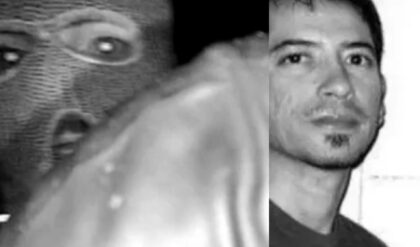Singer-actress Ariana Grande misses the mark in her over-the-top take on Oz while deeming it a completely queer place during Wicked promotions.
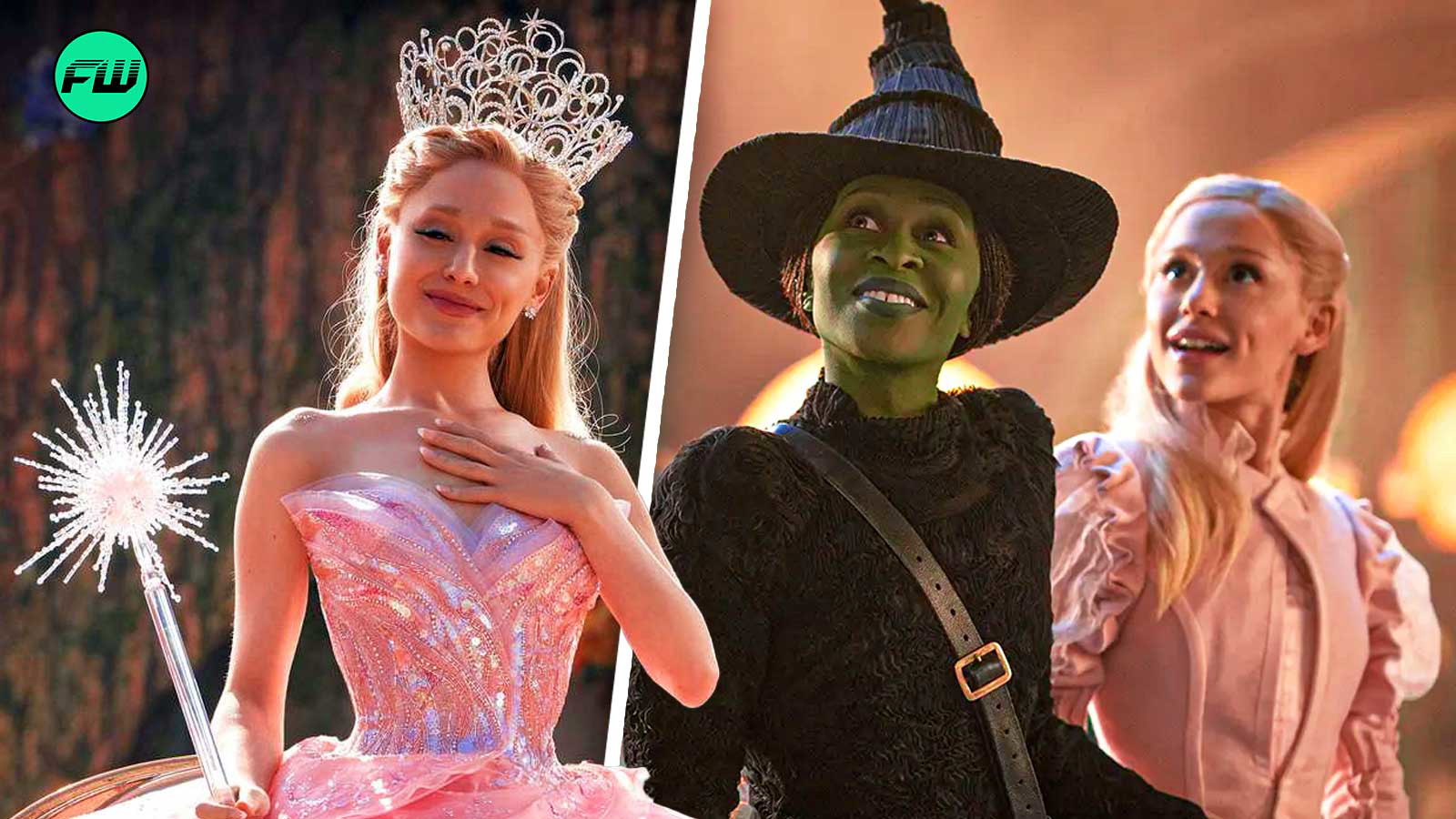
Along with making headlines with the massive box office openings for her latest musical fantasy Wicked, Ariana Grande has also come into the spotlight for her recent bold statements regarding Oz being a “very queer place.” The singer-actress has occasionally made such remarks during the film’s promotions.
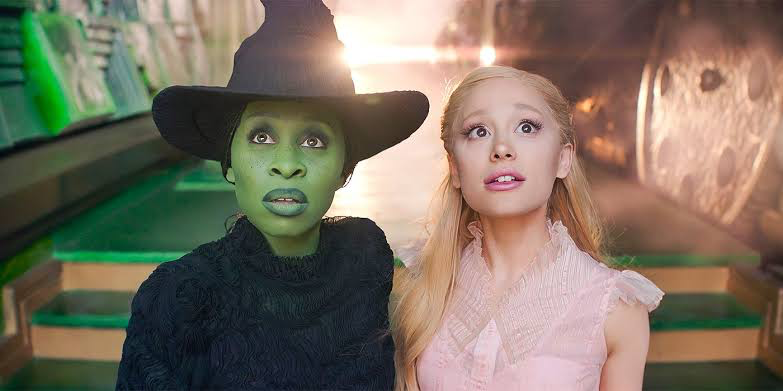 Wicked | Credit: Universal Pictures
Wicked | Credit: Universal Pictures
However, people have come out to share their criticism regarding her statements, with many pointing out her lack of understanding of the historical context in which L. Frank Baum used the word “queer” in his books.
Ariana Grande Discusses Oz as a “Beautifully Queer” World in Wicked Promotions
In a recent interview with Gay Times, the Wicked stars Ariana Grande and Cynthia Erivo, who play Galinda Upland and Elphaba Thropp in the musical fantasy Wicked, discussed the themes of queerness within the Land of Oz.
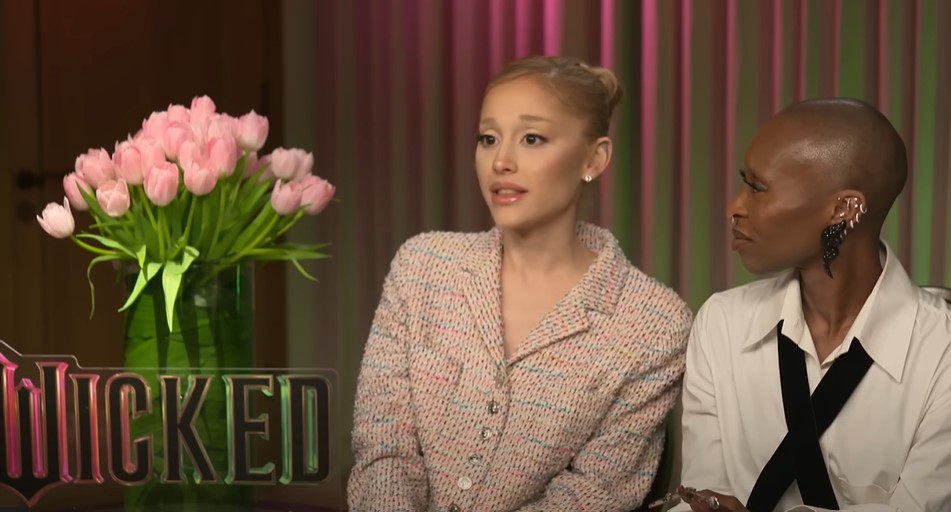 Ariana Grande and Cynthia Erivo | Credit: Gay Times via YouTube
Ariana Grande and Cynthia Erivo | Credit: Gay Times via YouTube
When asked about the “queer allegories” in the movie surrounding their characters, who are different from others, Grande said, “I mean Oz is just a celebration of uniqueness and everyone is so beautiful in Oz.”
The actress further described Oz as “beautifully queer,” stating that the theme of queerness is woven throughout the narrative, even dating back to the original books. She also argued that the word “queer” was frequently used by L. Frank Baum in his work.
I don’t think it even is a conscious discussion or decision… everyone is just so beautifully queer and that Roots all the way back to the L. Frank Baum books, where like literally the most commonly used word in the books is queer.
Grande further emphasized how every day in the Emerald City is like a pride parade, noting, “Every day in the Emerald City is a pride parade,” before adding, “Even like the chickens… those chickens are gay.”
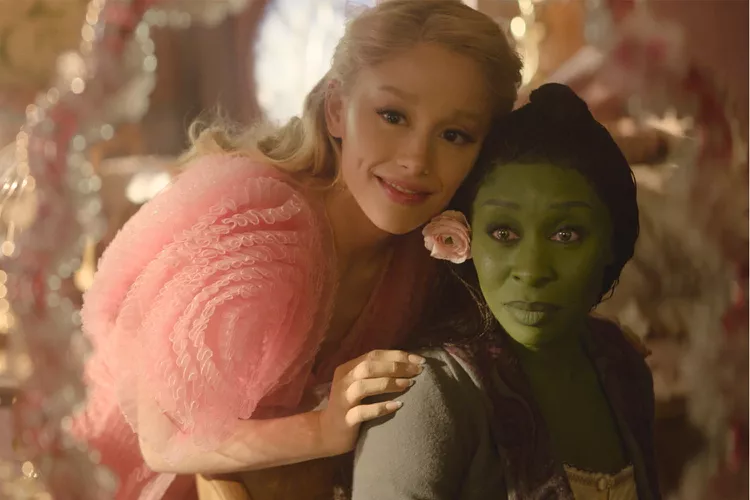 A still from Wicked | Credit: Universal Pictures
A still from Wicked | Credit: Universal Pictures
The singer has also shared her belief in another interview with GLAAD while discussing Jonathan Bailey’s character, Fiyero. “Oz is a very queer place and has always been, even from the L. Frank Baum books. It’s always been queer,” she said.
While the actress has emphasized the use of the word ‘queer’ in the original book as a means to explain why she believes “Oz is a very queer place,” her interpretation has sparked backlash, with some arguing that the word’s meaning in Baum’s work is different from what Grande understands it to be.
Ariana Grande Faces Backlash For Over Misinterpretation of “Queer” in Oz Books
Ariana Grande’s remarks about what she believes is a pervasive “queerness” in Oz, the fantastical setting of her upcoming film Wicked, have stirred significant backlash, with many questioning her understanding of the term in “linguistic history.”
 Ariana Grande in a still from Wicked | Credit: Universal Pictures
Ariana Grande in a still from Wicked | Credit: Universal Pictures
One X (formerly Twitter) user criticized her statement, pointing out, “When Baum wrote Oz “queer” meant “strange or peculiar,” not homos*xual,” while also pushing back the idea that eccentric fashion is exclusively associated with homos*xuality, calling it an “absurd” stereotype.
Ariana Grande doesn’t know her linguistic history: when Baum wrote Oz “queer” meant “strange or peculiar,” not homosexual.
Also when did eccentric fashion become only the purview of homosexuality? Absurd. pic.twitter.com/ZIdQHDswAh
— Libby Emmons (@libbyemmons) November 25, 2024
Every home needs a Webster’s 1828 Dictionary.
— Tom in FL (@thomasa56) November 25, 2024
Do you think Frank Baum could have ever predicted 124 years into the future, where his work would be sexually molested by a hive of bizarre dramatic arts zombies?
— Frank (@QuiteFranklyTV) November 25, 2024
The word ‘queer’ has undergone significant evolution over time. According to Columbia Journalism Review (CJR), ‘queer’ first appeared in English around 1513, initially describing something abnormal, unusual, or peculiar.
The term’s association with homos*xuality began in the late 19th century. According to the National Archives, the word was used in a letter from the Marquis of Queensberry during the infamous 1895 trial of Oscar Wilde.
By 1914, ‘queer’ had taken on its modern connotation as a slang term for homos*xual, particularly in the United States, per The Concise New Partridge Dictionary of Slang. Its meaning and use have since continued to evolve with the LGBTQ+ community reclaiming the term as a badge of pride in the 1990s, with its earlier meaning fading from common usage.
Ariana Grande: “Oz has always been a queer place…”
Umm, what? pic.twitter.com/fMnfX33XyS
— Encounter News (@EncounterNewsX) November 25, 2024
Actually it was completely wholesome with no reference to sexuality whatsoever pic.twitter.com/qTQLRjEszB
— Indy Cat 2000 (@TheFinalBot1) November 25, 2024
Oz was more of a psychadelic trip. Nothing sexual about it, but they project their own obsessions onto everything.
— 🪬Autonomous Allie Zone🪬Ⓥ (@AutonomousAllie) November 25, 2024
I’m from an older generation. Queer always meant “odd”. It never had any sexual connotation. Interesting how their agenda changes the origination when it serves their purpose.
— Kimkat12 (@Kimkat12488064) November 25, 2024
Today, the word is widely associated with gender and s*xuality, particularly for a person who identifies as other than straight and cisgender, which likely influenced Ariana Grande’s remarks. However, critics argue that her interpretation overlooks its historical use in L. Frank Baum’s original book, where ‘queer’ simply referred to the strange or unusual nature of Oz.
In addition to challenging Grande’s interpretation, some fans expressed disapproval of the Wicked adaptation incorporating themes of s*xuality, suggesting it deviates from the intent of the classic tale.
Wicked is playing in theatres.

